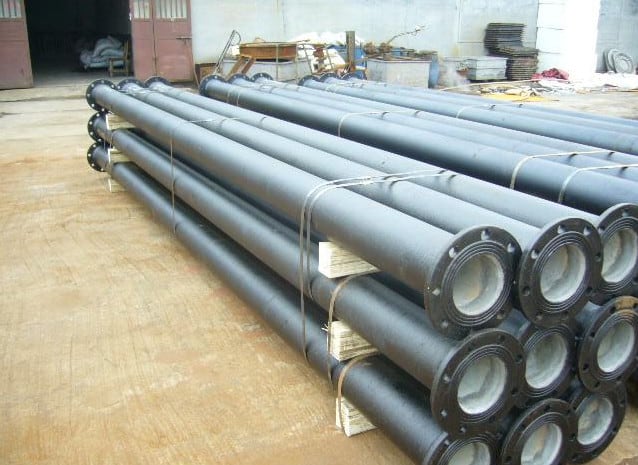If you’re thinking about the piping in your home, you’ve probably run into problems around drain cleaning. It can all seem a little bewildering at first when you’re looking at different kinds of piping, but there are only five main modern choices in that department.
Plumbing has been around forever, with ancient examples of it all across the world, but things have changed quite a bit in this regard over the years.
PVC
Sinks, drains, toilets, and the like are usually piped using polyvinyl chloride (PVC) options. The PVC pipe is ideal for these fittings because the plastic doesn’t cause rusting and corrosion.
It’s very tough stuff. It doesn’t easily bend, break, tear, or perish under any ordinary usage. It also handles heat really well. If you look after it, PVC will last for ages.
Cast Iron and Galvanized Steel
These options are seldom introduced into modern buildings because of the additional weight and costs involved. However, they are prevalent in older buildings since they’re extremely durable and last forever.
You’re most likely to encounter the iron and steel piping in the larger piping areas, such as sewage lines and the like.
Copper
Commonly found in showers, tubs, sinks, and basins, the copper pipe is perhaps the most widely used option in plumbing. If it weren’t for the higher price tag associated with copper over plastic alternatives, copper would be even more widely employed.

It handles all plumbing requirements beautifully. Pressure, heat, and general durability are all plus points for the copper alternative.
ABS
If you’ve come across a black plastic pipe that’s doing the same sort of task as a PVC pipe might, chances are it’s ABS. Acrylonitrile butadiene styrene (ABS) is especially well suited to colder temperatures and is often found in drains and vents.
It doesn’t do quite as well with higher temps and will perish quite readily when exposed to the sun, for example.
PEX
Cross-linked polyethylene (PEX) is a cost-effective plastic commonly used in the same way as PVC and is found in the water supply piping. It will also not rust or break down as some metals do and are thus useful in this regard.
Because it’s more flexible than PVC options, it is often used in tighter spaces where some bending and weaving are necessary. If you’re looking at some flexible piping in your home, there’s a good chance it’s PEX.
Last Thoughts
For most of your “around the home” repairs and replacements, you’re probably going to use one of the plastic options. If you’re looking to fork out a little extra, the copper option is a big winner, although most folks will opt to save the cash.
Either way, getting the minor repairs and replacements done is quite simple when you get a little information. Your local plumbing supply guys will, in all likelihood, offer additional advice as well. If that still doesn’t help, you may have to call someone in to assist.






